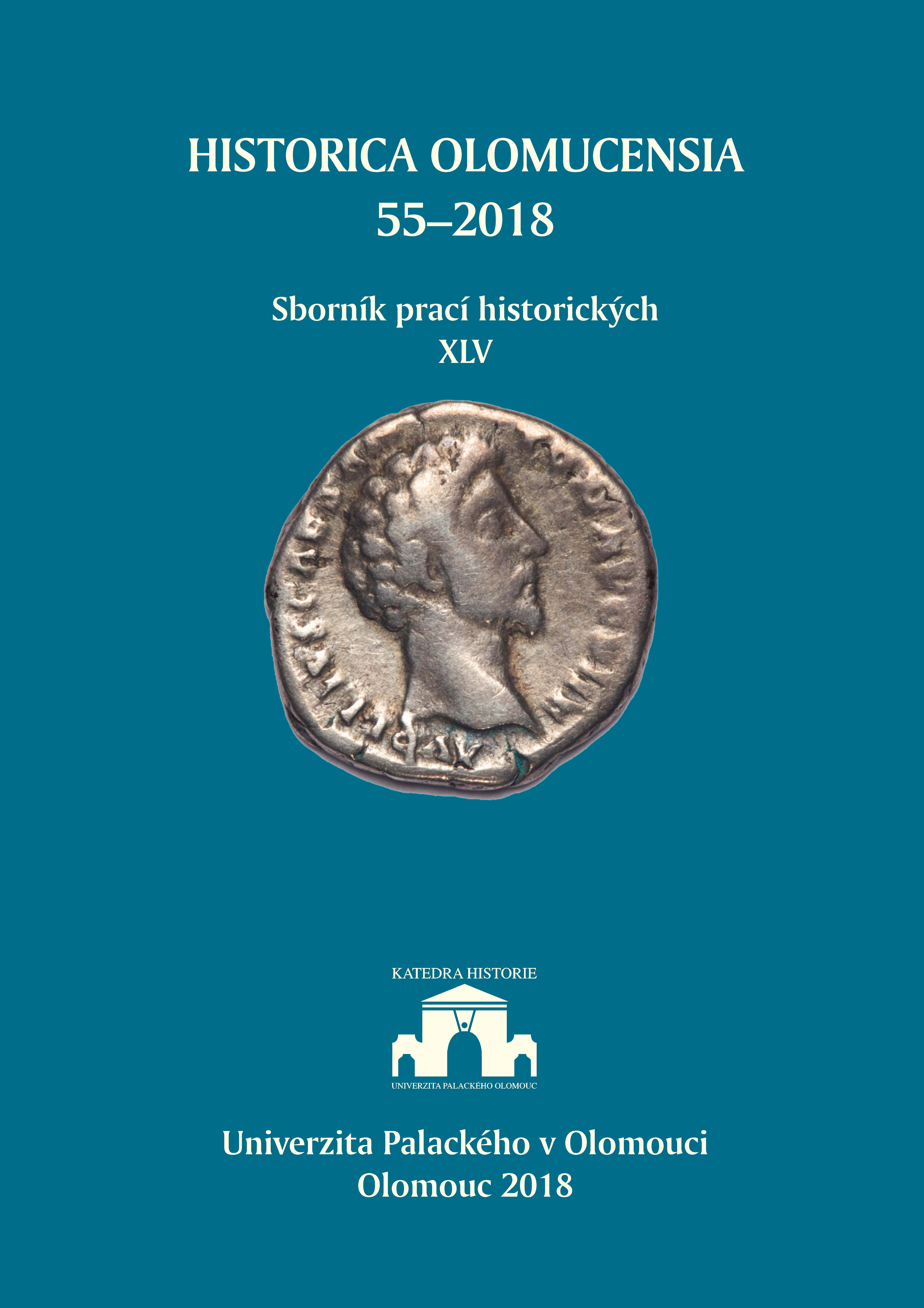Překladatelské a editorské dílo Maxima Planúda (kol. 1255–1305) v kontextu raného palaiologovského období
Translation and Editorial Work of Maximos Planudes (ca. 1255–1305) within the Context of the Early Palaeologan Period
Author(s): Marcel MartinSubject(s): History
Published by: Univerzita Palackého v Olomouci
Keywords: Planudes; Maximos (Manuel); Greek translations of Latin works; Greek manuscripts; ancient Roman literature; ancient Greek literature; Byzantine humanism; Palaeologan (Palaiologan) Renaissance; Italian
Summary/Abstract: The aim of the present paper is to delineate the translation and editorial activities of Maximos Planudes (Manuel Planoudes, ca. 1255–1305), important figure of the Early Palaeologan Renaissance, with an emphasis on the mapping of motivations for such projects. Translations of Maximos Planudes were mainly concentrated on Roman ancient texts with strong ties to moral philosophy: Catonis Disticha, Cicero, Macrobius. Reflecting Planudes’ editorial and translation activities relating to ancient Greek and Roman literature (among philological and theological works of his own) one must consider him as the most important representative of the Byzantine humanism of an early Palaeologan Renaissance in its most genuine form. Planudes’ philological approach represents a humanist attitude par excellence looking forward, toward an Italian Renaissance. The study provides a description of the reception of Planudes’ translated or edited works both within the Byzantine intellectual milieu and the Italian Renaissance. The translations of Latin works into Greek were probably undertook in the sense of the broader cultural mission. Planudes’ editorial and translation projects tries to consider common intellectual and spiritual roots of Latins and Greeks. Such a knowledge tends to delineate culture patterns of that other one. It could be traced the phenomenon previously unprecedented: a more intense effort to understand the Latin world, toward which the Byzantine attitude was defi ned at a certain distance in earlier stages. In the context of cultural cognition of the second world, a higher imperative is emerging, and that is: the need to preserve the living traditions of both cultures for the contemporaries as well as for the next generations.
Journal: Historica Olomucensia. Sborník prací historických
- Issue Year: XLV/2018
- Issue No: 55
- Page Range: 55-86
- Page Count: 32
- Language: Czech

